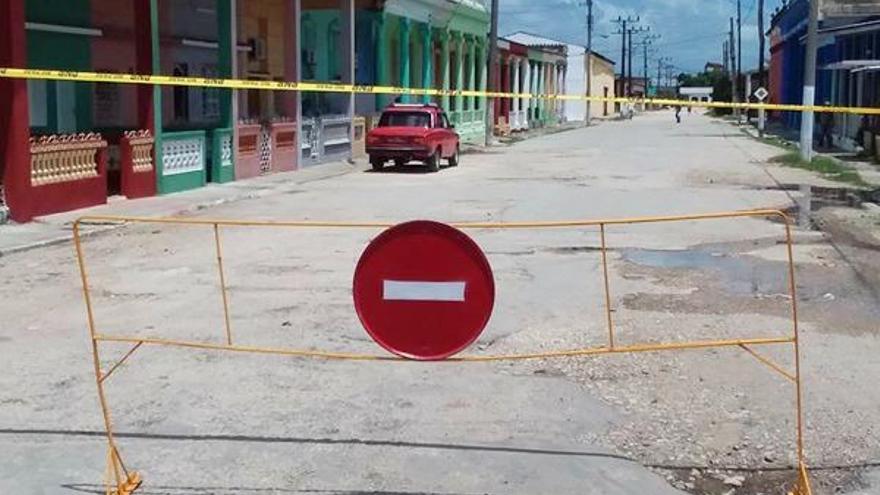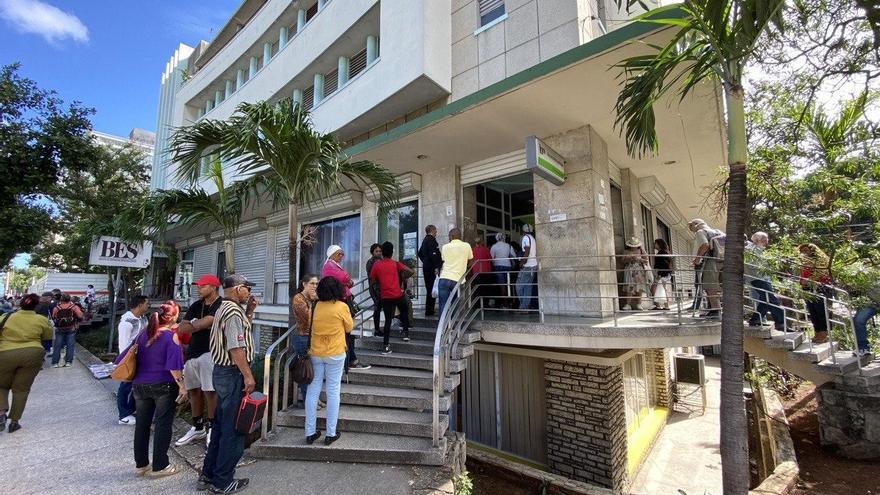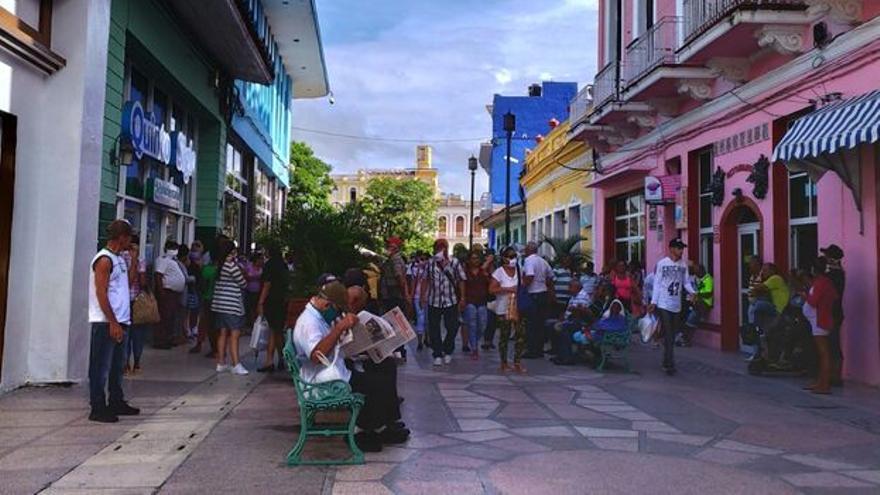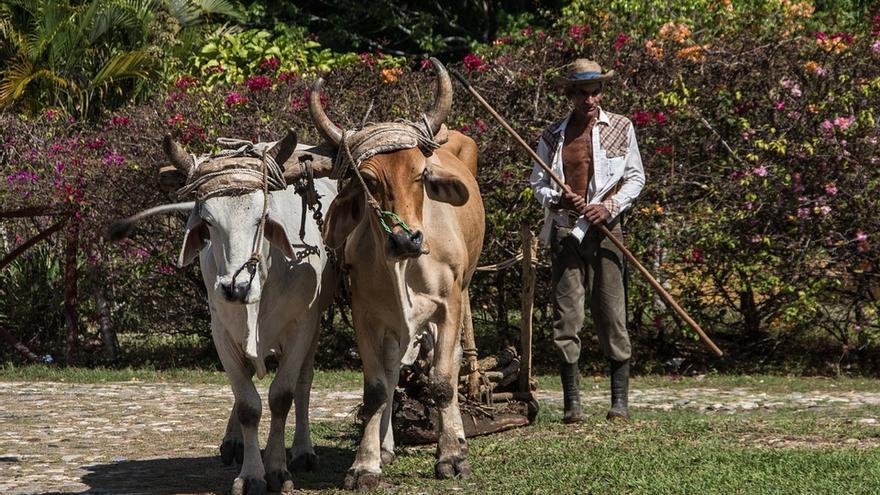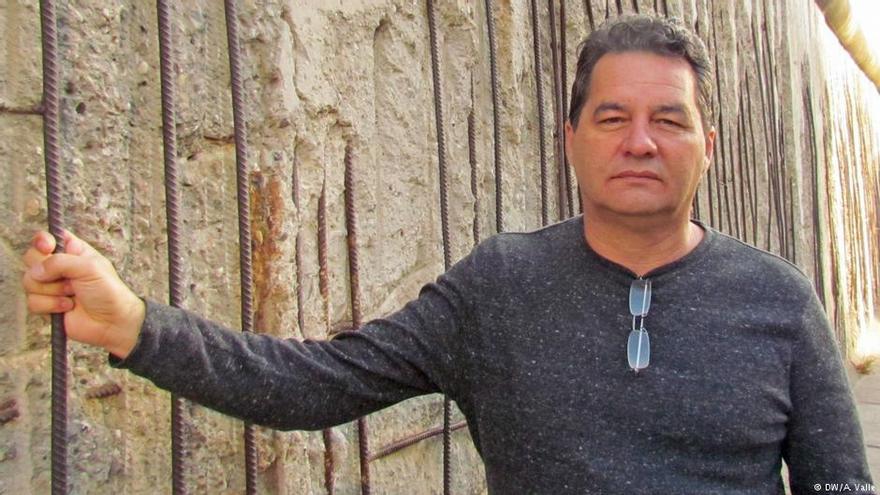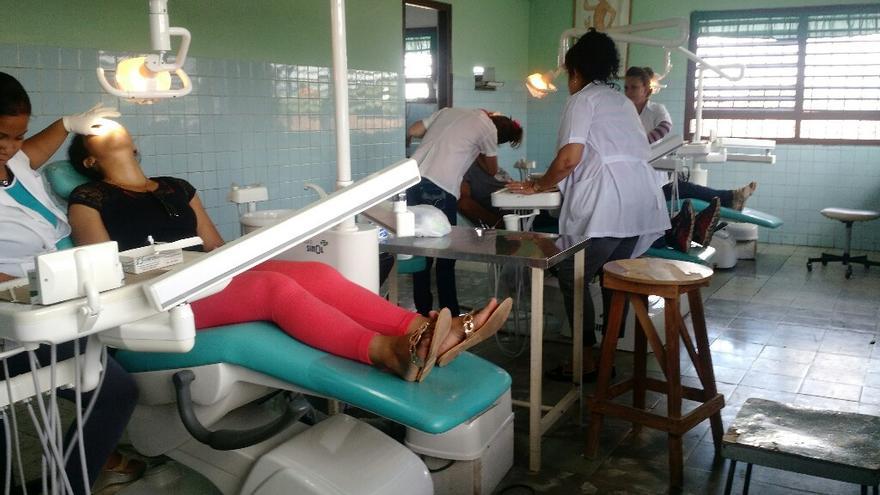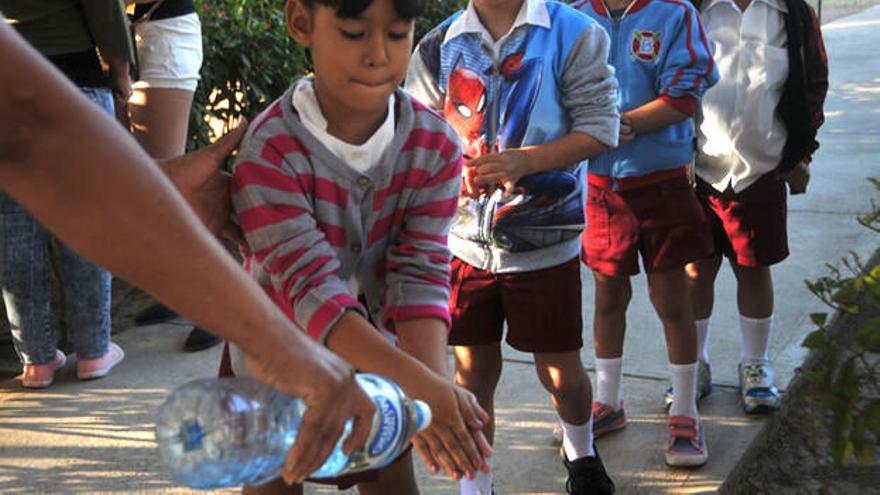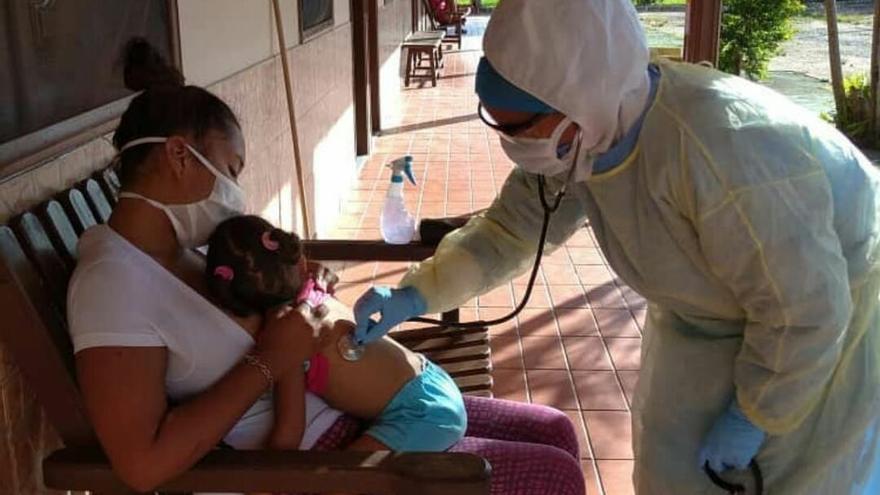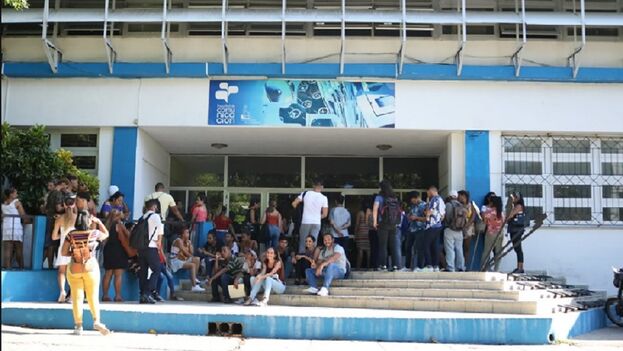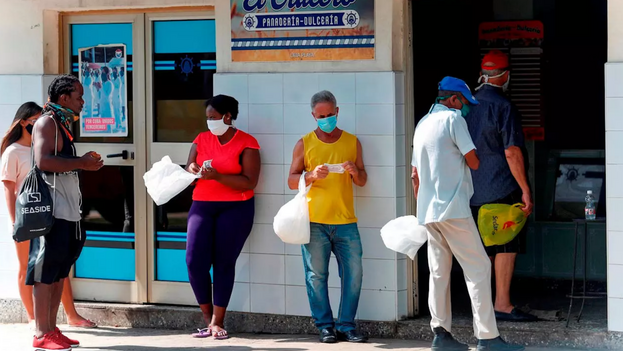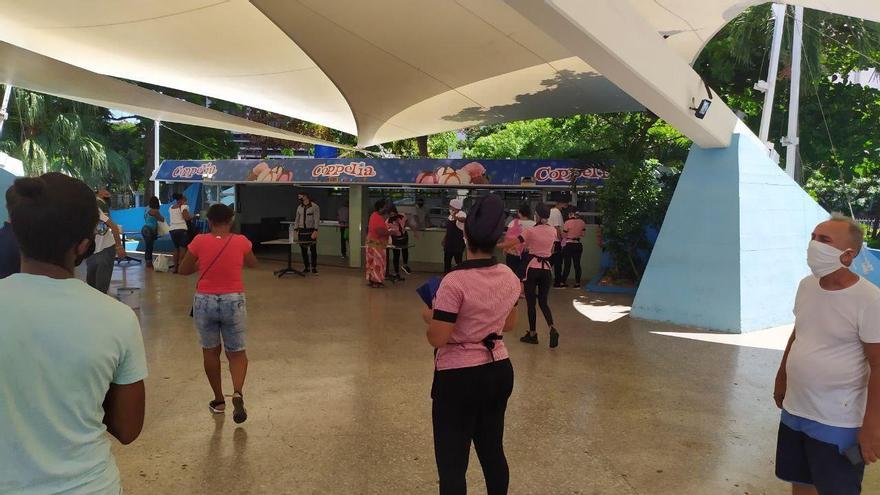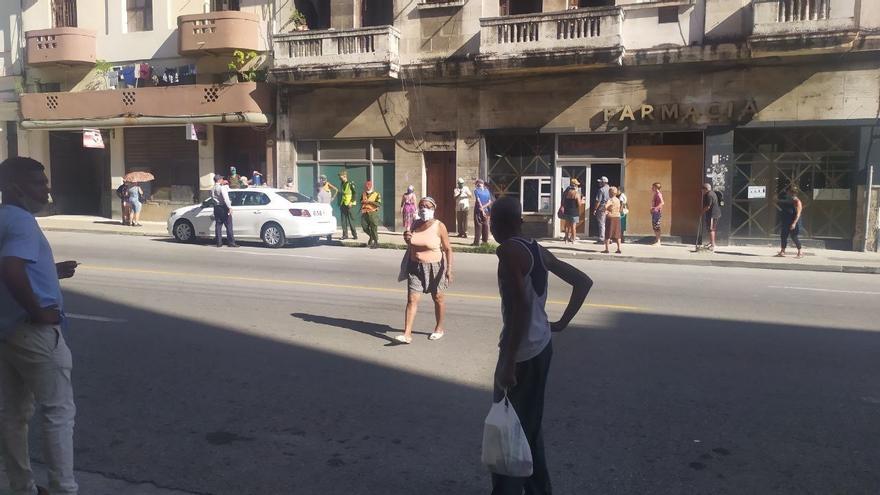The Cuban Minister of Public Health, José Ángel Portal, said on television Saturday during his daily report that “the forecast indicates that the situation is almost out of control,” especially in Havana.
Although the number of deaths remains the same at 88, health authorities confirmed on Sunday 65 new cases from the day before. Of these, 29 are in the province of Havana, where, since Monday, restrictive measures going back to Phase 1 of the reopening have been put into force. continue reading
The rules include the suspension of public transport, with the exception of buses for essential workers in production, health and services who continue to work, and the total closing of beaches, bars and parks.
Unlike the previous stage, the authorities decided to leave chains of stores and businesses open “to avoid concentrations in one single place”, they said. Restaurants and cafeterias will be allowed to serve food for takeout.
Because of the increase in cases, the Spanish Consulate in Havana announced on Sunday that it is suspending services until further notice. “A counter will still be open for emergencies and documents”, the Consulate states on Twitter.
In Artemisa, where an outbreak was detected after a religious event, there were 17 new cases.
In Camajuaní, Villa Clara Province, where a local transmission event had been detected, the authorities announced a quarantine on Sunday, for the second time since the pandemic began.
People’s Councils 1 and 2 are now isolated, and vacationers at Juan Francisco, a popular beach, were evacuated. Public transport has been eliminated between Camajuaní and Santa Clara, Placetas, Encrucijada and Remedios.
At the moment, health activists from other territories have been mobilized to determine the number of inhabitants in the areas at risk and then to proceed to disinfect State and private centers that receive the public. The authorities have ordered commercial centers to make their sales on tables placed at the door and not inside. In the previous quarantine, the motel La Cañada was used to house those suspected of infection, but now they’re moved to Placetas or Santa Clara because Camajuaní lacks a hospital.
The manager of the Ministry of Tourism in the province, Regla Dayamí Armenteros, told local media that a total of 220 workers on Cayo Santa María, many of them from Camajuaní, would not return to work while the quarantine lasts. Those installations belonging to the Gaviota corporation had been open to international tourism since July 1. She added that the money would be returned or the date rescheduled for nationals who had made reservations in the hotels and camping centers.
Librado Linares, leader of the opposition movement Cubano Reflexión, explained to 14ymedio that Independencia Street, at the center of the municipal capital, was cordoned off with tape, and the police were only allowing passage to those who were previously authorized.
“Camajuaní has been known in the last few years for having a booming private economy. During the previous quarantine, which lasted around four months, many private businesses were on the brink of bankruptcy, mainly because they didn’t have any kind of subsidy. Now, just when they seemed to be recovering, they have to go back to closing their companies,” said the dissident.
Apart from the local event of open transmission in this municipality, six others were found in the country: in the Havana municipalities of Habana del Este, La Lisa and Marianao. In Artemisa, three remain active: in the municipality of Bauta (center and Playa Baracoa) and in the Special Development Zone of Mariel.
In Pinar del Río, only one new case was reported on Sunday, but the provincial authorities decided to quarantine anyone who came into the province for 14 days. They also declared a curfew for the population between midnight and 6:00 am, the closing of commercial and recreation centers from 11:00 pm and beaches from 5:00 pm.
“We’re not prohibiting private cars from coming into Pinar del Río, but people who come in are going to be submitted to a period of vigilance for 14 days,” said the President of the Council of Provincial Defense, Julio César Rodríguez Pimentel.
The Minister of Health, who includes in his daily report the imported cases — almost all coming from the medical brigades — suppressed in his last report the exact origin of 41 of the cases reported. Where he used to say “traveler coming from Venezuela”, now he says “source of infection abroad”.
Venezuela recorded 795 new cases of COVID-19 and 7 deaths on Saturday. The total number went up to 24,961 positive cases and 215 deaths.
The new figures threaten still more the economic collapse of the Island, where the pandemic has been met with a shortage of food, medicine and other products and lengthened the lines to purchase these items.
The optimism that existed from the beginning of July, when the the next opening of the longed-for international tourism was anticipated, is, for the moment, history.
Translated by Regina Anavy
____________
COLLABORATE WITH OUR WORK: The 14ymedio team is committed to practicing serious journalism that reflects Cuba’s reality in all its depth. Thank you for joining us on this long journey. We invite you to continue supporting us by becoming a member of 14ymedio now. Together we can continue transforming journalism in Cuba.
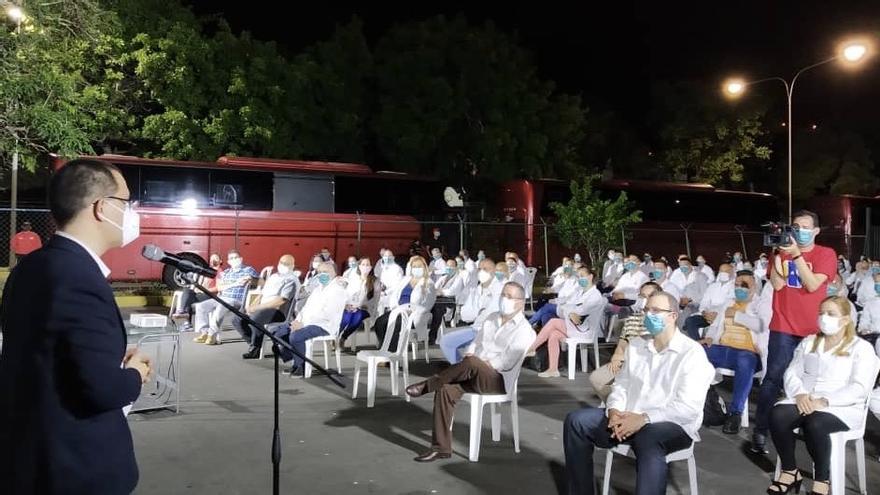
![]() 14ymedio, Havana, August 2020 — A new contingent of Cuban doctors arrived in Caracas on Sunday to join the Barrio Adentro mission, according to the Minister of Venezuelan Foreign Relations. This makes 230 health workers added to those already deployed in the Caribbean country to attend to the COVID-19 pandemic.
14ymedio, Havana, August 2020 — A new contingent of Cuban doctors arrived in Caracas on Sunday to join the Barrio Adentro mission, according to the Minister of Venezuelan Foreign Relations. This makes 230 health workers added to those already deployed in the Caribbean country to attend to the COVID-19 pandemic.
